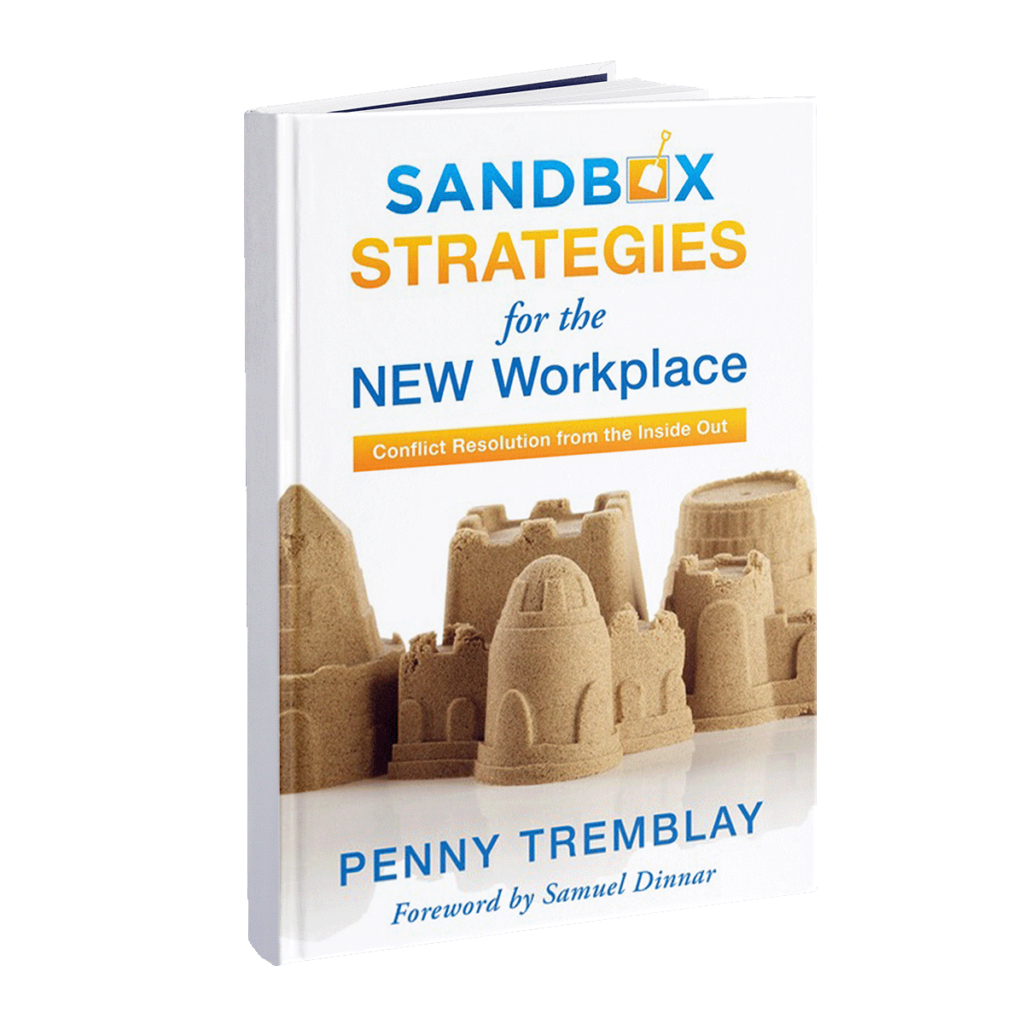The Learning Conversation
The number one fundamental skill that leaders use for productive connection and collaboration at work is the ability to listen actively. Yet, when leaders bring people together for conversations, they often focus more on what they plan to say than on what they can learn. To truly build connection and lead, leaders must prioritize the learning conversation by actively listening to understand situations from others’ perspectives. In turn, this enriches their own knowledge and fosters stronger relationships and better collaboration in the workplace.
The Importance of Active Listening to Build Connection
Active listening is crucial in leadership communication training because it involves a mindset shift. Practicing this art in workplace conversations gets you in the mindset that you are seeking to understand the situation from the other person’s perspective, which will expand your understanding of what you know to be true already. Instead of preparing your next argument, you aim to fully grasp what the other person is conveying. This approach facilitates a more meaningful exchange of ideas. Leaders, managers, and supervisors who listen first open the door to new levels of information and insight.
Embrace the opportunity to be the first listener—say nothing initially, but hear everything, including non-verbal cues such as body language, emotions, and behaviors. After listening, articulate your understanding back to the speaker. This practice validates their feelings and fosters a deeper connection.
Contrary to what most people think, the best communication skill is not coming out big with words but rather how you let others’ words come in.
When you seek to understand people, and tell them what you’ve heard them say, you’ll be making friends, influencing people, and creating solid relationships, leaving people wanting more of YOU. This is an inside job, meaning you have responsibility and control over it. However, it feels the opposite of what seems natural when we’re trying to be effective communicators and leaders. By emphasizing active listening in conversations, especially difficult ones, leaders build stronger relationships, influence others positively, and create a workplace environment where people feel valued and understood.
Start incorporating active listening into your daily interactions and watch your relationships and influence grow within the workplace. Skills to maintain great relationships aren’t taught in technical training programs. Check out our Relationships and Conflict Management training program to help leaders, managers, and supervisors co-create a culture of candor as a foundation upon which productivity prospers.
Happy Canada Day, Independence Day, and a fresh start to Q3 2024. The second half of this year has begun!
With peace,
Penny
P.S. If you’ve been enjoying these Leadership Tips, you’re going to love my new book, Sandbox Strategies for the New Workplace: Conflict Resolution from the Inside Out

Learn the strategies that will help your team resolve conflict in the NEW workplace.
- Embrace, accept, and welcome conflicting values
- Understand the importance of collaborative relationships for career advancement
- Take responsibility to co-create a winning culture with productive and profitable results
- Empathize with coworkers and even competitors to be the leader others WANT to follow
Press Appearances:
- CEOWorld Magazine
- Blue Heron Journal
- Mareo McCracken
- EverydayMBA, Host: Kevin Craine
- Savvy Business
- Swimming in the Flood
- Get Down to Business
- HR.com Leadership Excellence
- Indian Management Magazine
- Crafting Solutions to Conflict
- Vantage Fit Podcast
- Stay tuned, more coming soon…



